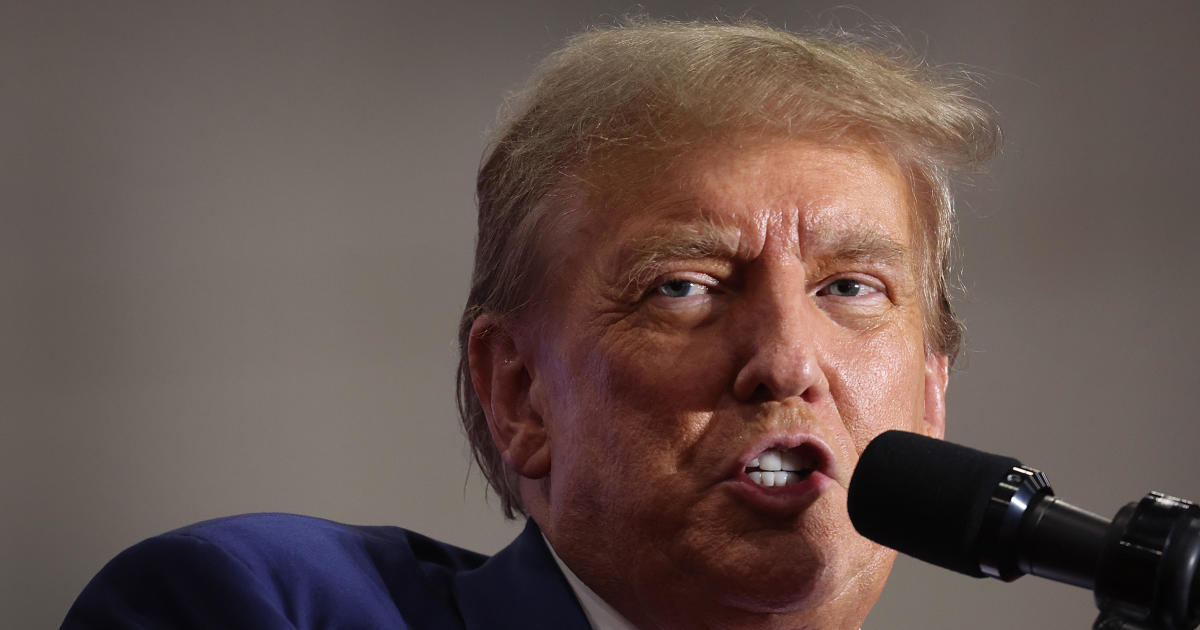Special counsel Jack Smith urged the Supreme Court to reject former President Donald Trump’s claim of immunity from federal prosecution, arguing that Trump’s alleged efforts to overturn the 2020 election results are a threat to democracy. Smith argued that no president is entitled to immunity from criminal laws and that Trump’s actions were outside the duties of his office.
Smith emphasized that there are safeguards in place to prevent unjust prosecutions against a president and that there is no evidence that Congress intended to exempt the president from federal criminal statutes. He also argued that even if some immunity could apply to a former president’s official acts, Trump’s alleged actions were part of a private scheme with private actors to achieve a private end, which should not be immunized.
Trump’s argument that former presidents are entitled to broad protections from criminal prosecutions was countered by Smith, who called it a radical suggestion. Smith highlighted that Trump’s case is unprecedented and that there is no rule in the Constitution requiring impeachment before a former president can be prosecuted. The Supreme Court is set to consider whether a former president is immune from criminal liability for alleged illegal acts committed while in office.
The Supreme Court’s decision in Trump’s immunity case is expected to have ramifications for his other prosecutions, including cases in South Florida and in New York and Georgia. If the Court rules in Trump’s favor, it would bring an end to the case in Washington, but a decision against Trump would allow the case to proceed. Trump faces multiple charges across different states and has pleaded not guilty to all charges, claiming they are politically motivated.
The Supreme Court had declined to fast-track the immunity dispute, allowing the U.S. Court of Appeals for the District of Columbia Circuit to rule on the issue first. The appeals court unanimously found that Trump is not entitled to presidential immunity from federal prosecution for official acts. The Supreme Court is also set to hear arguments on a federal obstruction law used in the Jan. 6, 2021, Capitol attack, which could impact Trump’s charges related to that incident. A decision in that case is also expected by the end of June.









